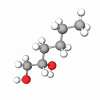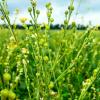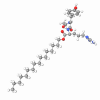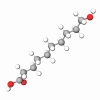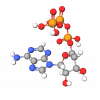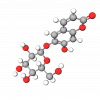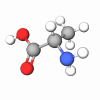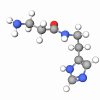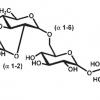Elecampane (Inula Helenium) has many commonly known names Horse-heal, Velvet Dock, Elfwort, Marchalan, and Wild Sunflower. Inula Helenium is a member of the Compositae family of which Sunflowers are related.
It is native to Central Europe, Great Britain, and Asia. This herb has been used throughout time for medicinal and condiment purposes by the Ancient Romans, Greeks, Europeans, and Ayurvedic and Chinese Medicine. In Medieval times it was a common remedy for sicknesses and was also used as the main ingredient in the preparation of a digestive wine called "Potio Paulina." During the 19th Century, the root was used to make candy, asthma lozenges, and cough drops. Many Ancient writers and poets refer to the herb – one such Author, Natural Philosopher, and Naturalist – Pliny, the Elder said "let no day pass without eating some of the roots of Inula, considered to help digestion and cause mirth" and the root when chewed "doth fasten the teeth."
The root of the Elecampane plant is the part used for Herbal Medicine. It has many medicinal actions, uses, and properties such as: anti-fungal, antibacterial, antitussive, anti-parasitic, and antiseptic. In addition, the horse-heal extract contains Sesquiterpene, a potent skin whitening agent that inhibits tyrosinase production, therefore decreasing melanin synthesis.
Rich in Inulin a fructooligosaccharide (FOS) with dual positive action, Elecampane extract moisturizes the skin and provides a probiotic effect, selectively nourishing beneficial microflora and preserving the balance of dermal microbiota. It's a natural remedy that exposes smoother, healthier, and radiant skin.

